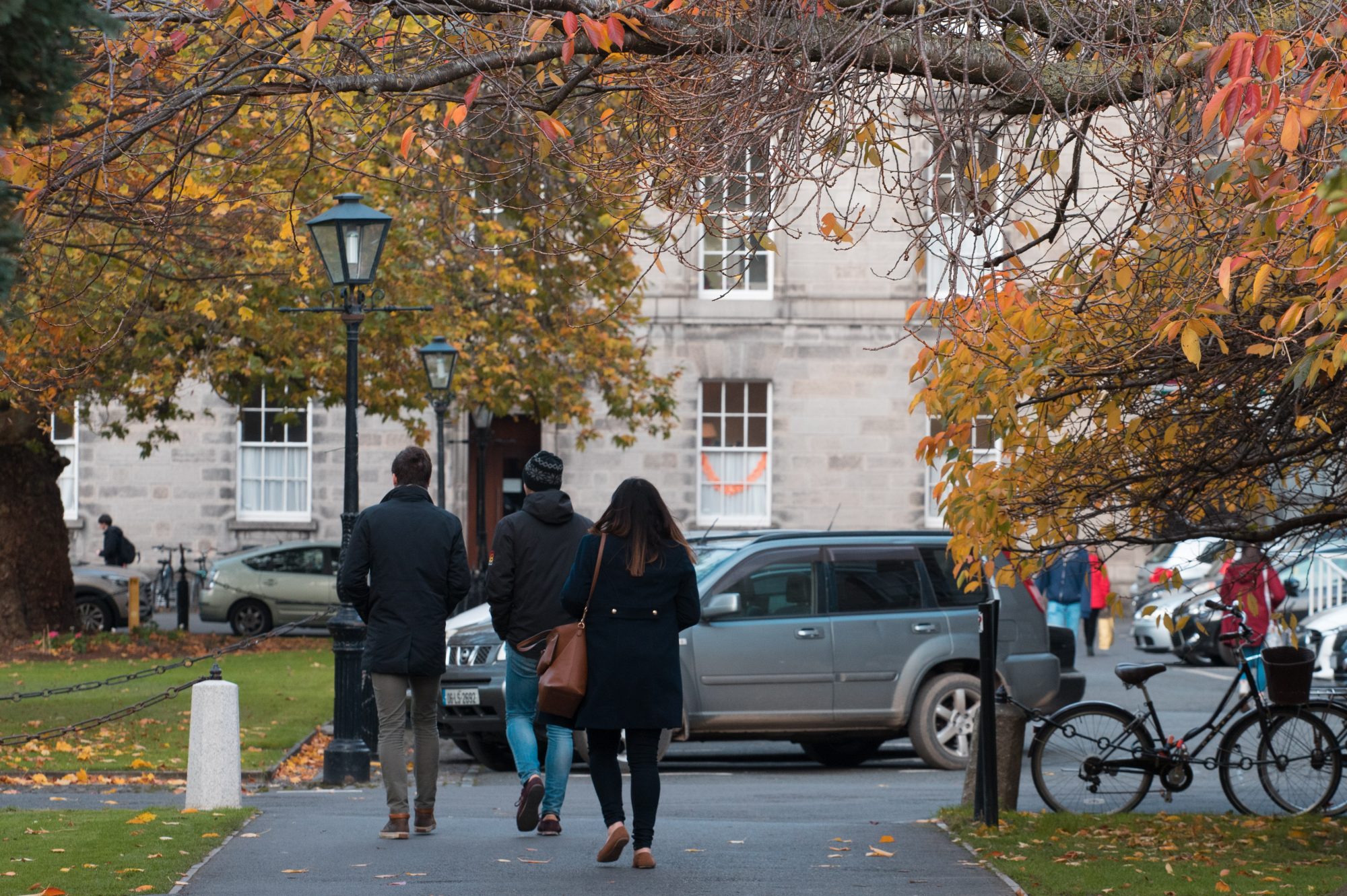Higher education institutions which do not provide consent classes may be penalised in line with a new report commissioned by the government.
The report recommends penalising colleges which fail to hold consent classes by State funding being withheld or deducted by the Higher Education Authority (HEA).
The report details a series of steps in order to achieve an increase in accessibility to sexual consent classes, with an objective to create “safer and more respectful campuses”. The proposals aim to evoke a change of culture on college campuses surrounding consent.
One proposal is that third level institutions should record sexual harassment, sexual assault and rape on campus, rather than relying solely on the gardaí to deal with these issues. The introduction of an “easy-to-use system” for students to report incidents is suggested, as well as providing training for staff to provide support in these circumstances.
Senior management in each college would be required to oversee and lead the introduction of such measures.
The report further outlines that consent classes and workshops should increase awareness of factors such as alcohol and drug use, the impact of gender role expectations, and equality and diversity. It should also enable students to “challenge any normalisation of unwanted sexual comments or behaviour”.
Minister of State for Higher Education Mary Mitchell O’Connor, who commissioned the report, stated: “I want to ensure that young adults are supported to achieve positive sexual health. We all have a duty of care to our students, to protect them from sexual harassment, assault and safety from the fear and threat of it.”
She also indication the importance that “we assist third-level institutions to follows best practice, develop policies and work collaboratively to address sexual harassment and assault”.
This report has emerged in the wake of the government formally ratifying the Istanbul Convention earlier this month, which works on preventing and combating violence against women and domestic violence.
A recent Union of Students of Ireland (USI) report found that 16% of students have experienced “unwanted sexual contact”. 5% of women said they had been raped, and a further 3% said that they had been the victims of attempted rape.
This year has seen an crease in consent classes on campuses across the country. Dublin City University (DCU) saw 123% increase in attendance to consent classes this year compared to the previous year, while the University of Limerick (UL) reported a 615% increase. The National University of Ireland, Galway (NUI Galway) introduced consent classes for the first time this year in Corrib Village, the university’s first-year accommodation.
In 2016, consent workshops were introduced in Trinity for first year students in Trinity Hall (Halls) and have since taken place annually during Freshers’ Week. These workshops are focused on developing students’ understanding of consent and have been expanded further across campus to include clubs and societies.






